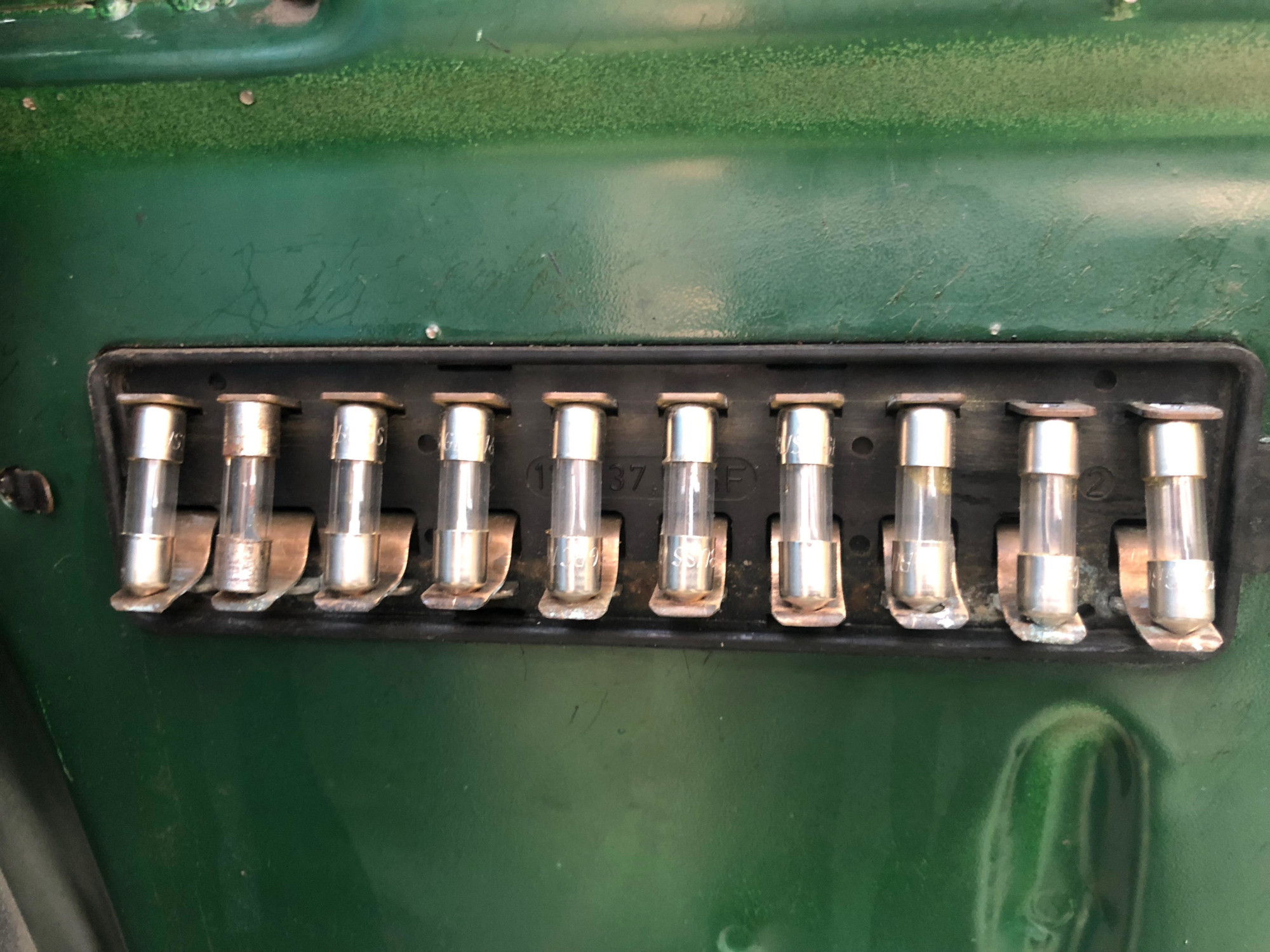Not a Tesla
I am listening through the Elon Musk biography on my commute into work, hearing about the inner workings of SpaceX and Tesla with a growing disconnect with my experience of my 1970 VW Karmann Ghia.
It is not difficult to imagine how engineering feats that currently seem incredible will soon be taken for granted: uploading software fixes to vehicles overnight, never paying for fuel again, not worrying about noise or air pollution, and significantly reduced oil dependency. These seem foreign but conceivable as I am propelled down the road sitting on a series of finely tuned explosions.
My Ghia provides nostolgia, but that will be lost in a few generations. I wonder if tomorrow’s grandchildren will reminisce about the feel of a vehicle touch screen or laugh when they think of people getting a driver’s licence.
The warmth of my nostalgia goes cold when my windscreen wipers stop at the same time as my dash light. Running a quick diagnostic in my 46 year old mind-frame points to a blown fuse. I stop by the one VW mechanic I know on the north side who pops in a temporary, hop into the car parts place who does not carry an 8 amp in the size I need, so I head on over to the electronics store who has some make-shift options that should do the trick.
I am going to drive my car on a national tour of innovation hubs as part of my PhD research project. I was of two minds, either getting a modern car to showcase automotive innovation, or driving the Ghia as a point of bringing the past into the future. I am going for the latter, in part because it is fun to drive, iconic, and a reflection of my past trips across the US in a similar car.
That said, I am increasingly aware that the car and the entire supply chain that made it possible will soon be gone. I look forward to helping us all understand how we can better transition to what’s next.

